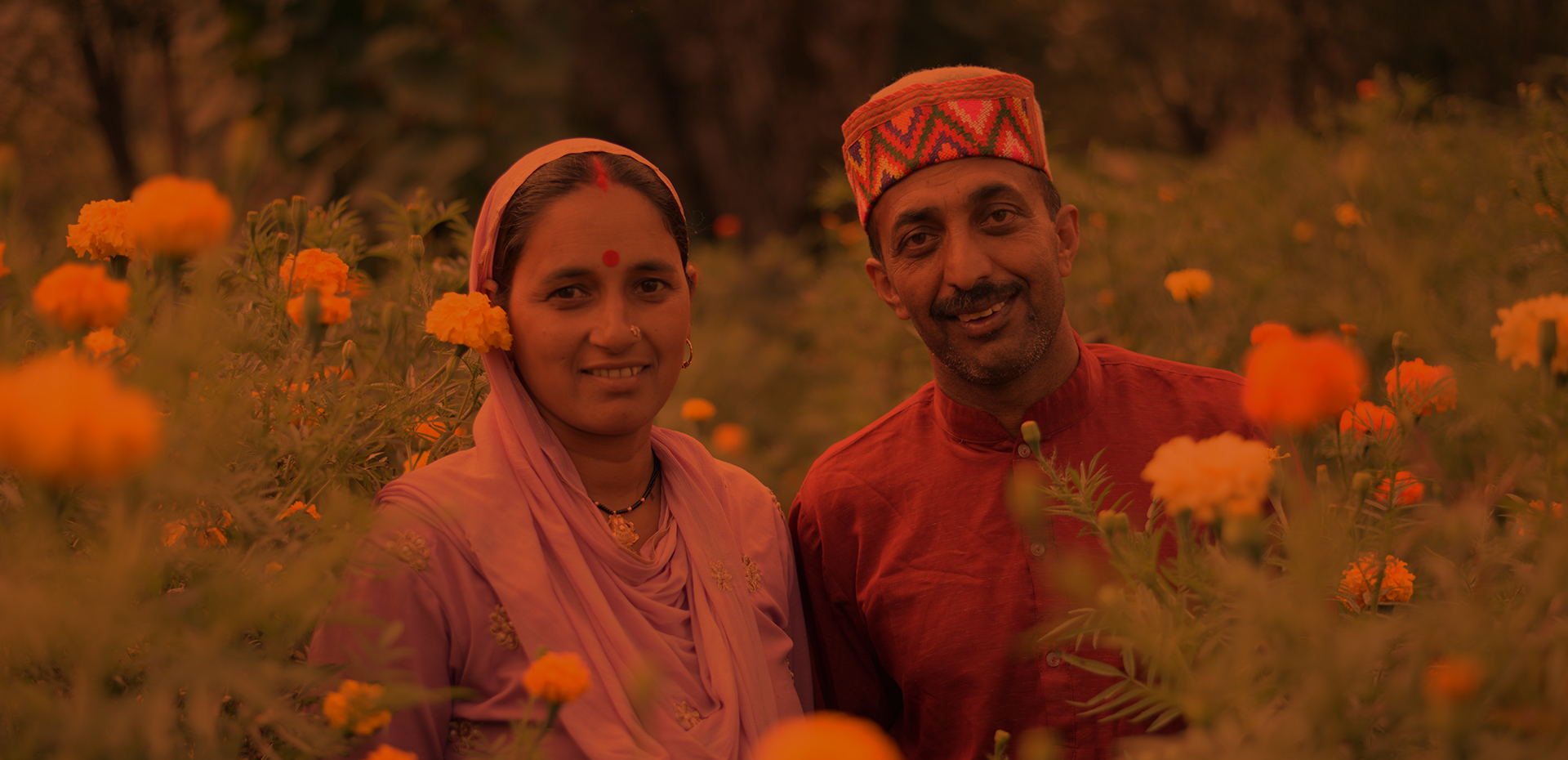
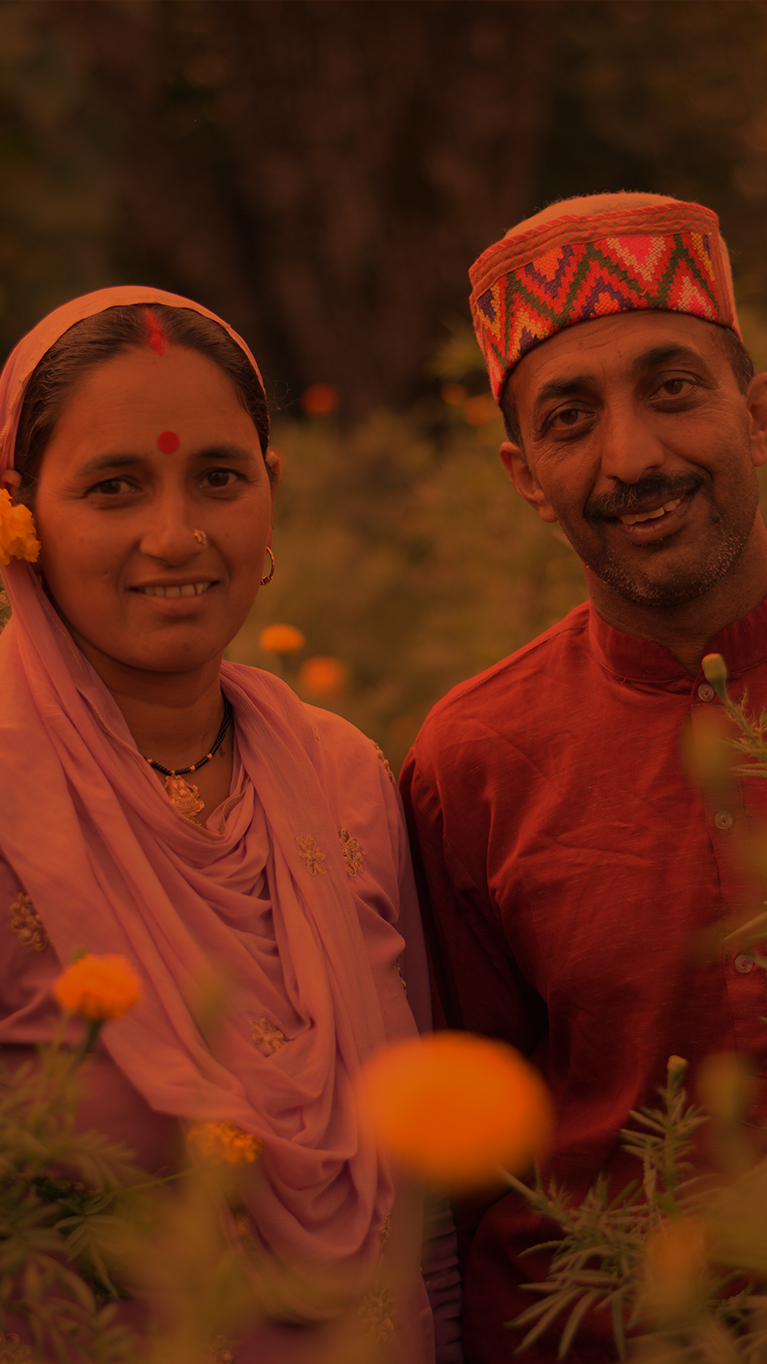


Most farmers have a small land holding so their propensity for risk taking is less and there is an increasing occurrence of wild animal attacks on crops. Due to the steep slopes, rainwater runoff is very high – creating erosion and limiting groundwater recharge – and the area for water storage in ponds is very limited.
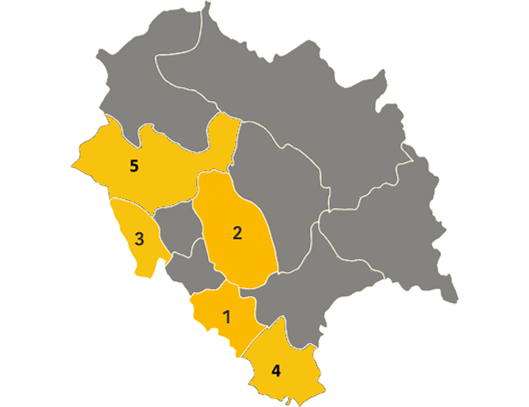
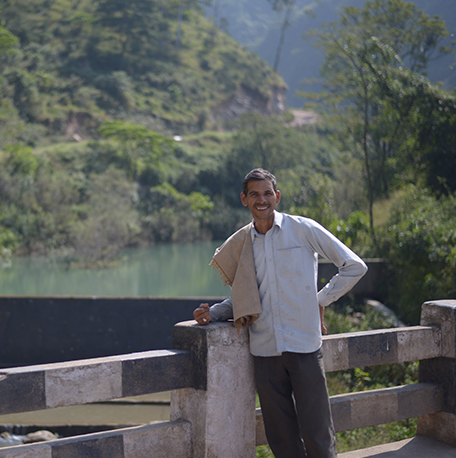
We implement watershed projects to improve groundwater levels and reduce soil erosion. Ancient kuhls have been revived, along with bouris (water springs) which strengthen irrigation facilities – we have also increased storage capacity through check dams, water storage tanks and farm ponds. Micro irrigation is promoted to improve water use efficiency and percolation pits and ponds are constructed to support recharge. Additionally, availability of drinking water through provision of taps in every household through the Jal Shakti Vibhag. Their dependence for drinking water is very high on natural springs has led us to work on rejuvenation of these springs through its catchment treatment.
Watershed
Climate proofed
Check dams
Ponds
Farm Ponds
Springshed
Irrigation channels
Water storage capacity
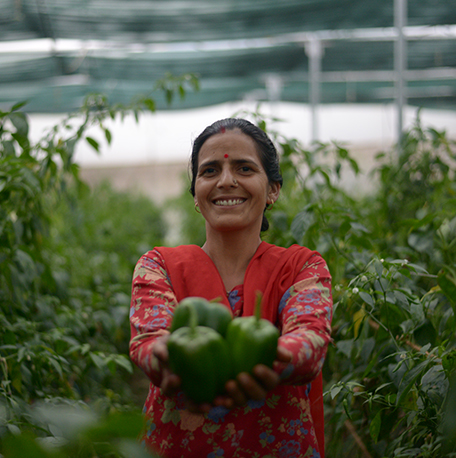
The agriculture pattern in the area has changed with Ambuja Foundation promoting replacement of traditional crops of maize, paddy and wheat with regular income cash crops like vegetables. Farmers are also cultivating pomegranates and apples. 5 Farmer Producer Organizations have been formed - Ambuja Foundation strengthens them for demand and supply side market linkages, and the set-up of Small Scale Industry. Animal husbandry is popular, and Ambuja Foundation promotes initiatives to increase milk production and collectively market it.
Farmers Growing Vegetables
Orchards
Adopting Dairy Farming
Practicing Natural Farming
Increase in farmer income
Women’s Dairy Collective
Joined FPOs
Business turnover of FPOs.
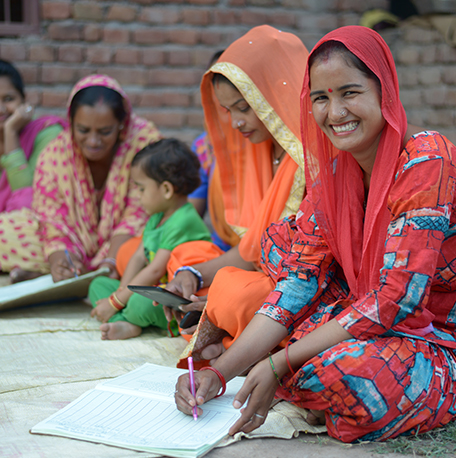
It has been very challenging in this geography to collective women into a common platform, however with consistent efforts, Self-Help Groups have been formed to provide a source of micro credit for women and some groups have started income generation activities to strengthen their economic status. An SROI impact study conducted in Darlaghat showed that the Women Empowerment Program yielded a Rs. 20 return for every Re. 1 invested.
SHGs
Women members
SHG members with saving accounts
Women engaged in Income Generation
Women’s Federation
Village Organisations
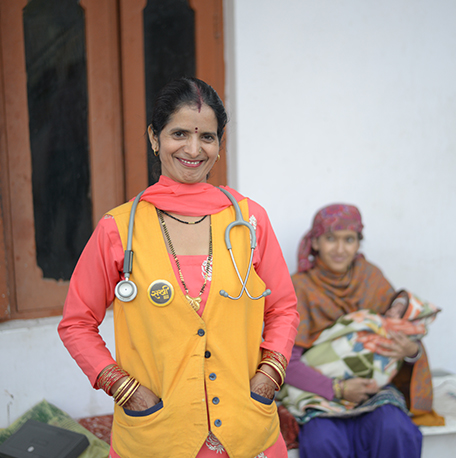
In Darlaghat, a cadre of Sakhis, promote institutional delivery, and tackle infant and maternal mortality rates, adolescent health and sanitation - with engagement of Swachhata Doots. Hyperglacemia and Hypertension patients are also provided with screening, medication, referrals, counselling and follow-up. We identify presumptive TB cases, and promote wellness through the mental health program Aatmiyata. Additionally, we support AWCs for child growth and nutritional status among the children.
ODF villages
Institutional Deliveries
People experienced testing facilities
Sakhis
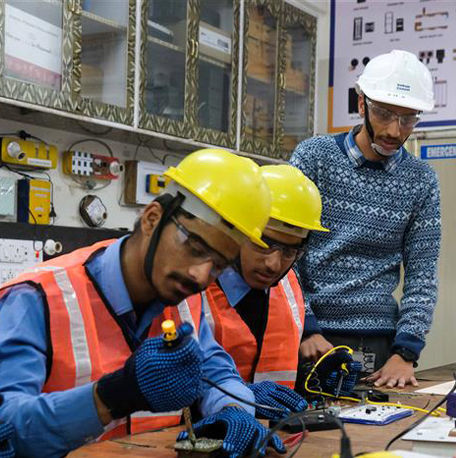
Ambuja Foundation provides training and employment to rural youth via 3 skill development institutes at Darlaghat, Nalagarh and Una. SEDI staff provide trainees with the necessary practical knowledge and skills to secure lucrative jobs in reputed companies. Placement support is also provided to accredited trainees trainees to ensure retention. Budding entrepreneurs are also supported in developing a business plan, and securing loan support from banks in order to open their own enterprises.
Trainees
Trainees placed
Entrepreneurs
Maximum salary
Women trainees
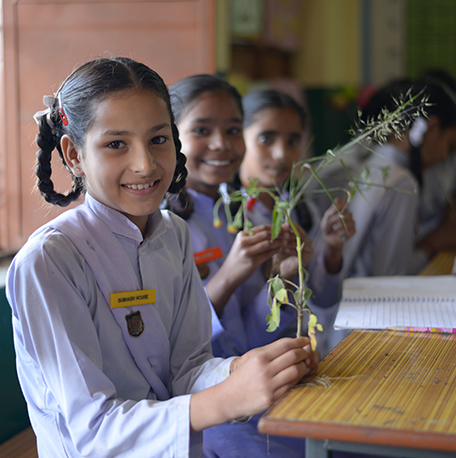
Ambuja Foundation promotes physical education, WASH and the development of good reading habits through libraries. To inculcate a team spirit and enhance sports skills, we organised school, village and cluster level sports events. To support reading promotion, Ambuja Foundation established a model library and library corners. WASH facilities have been provided along with regular testing of drinking water. Oral dental hygiene, health and hygiene has been promoted among students via Retd. & expert doctors, and capacity building has been provided for SMC members of 6 clusters.
Schools Supported
Schools with Sports Promotion
children benefitting from WASH facilities
Mini Science Centre